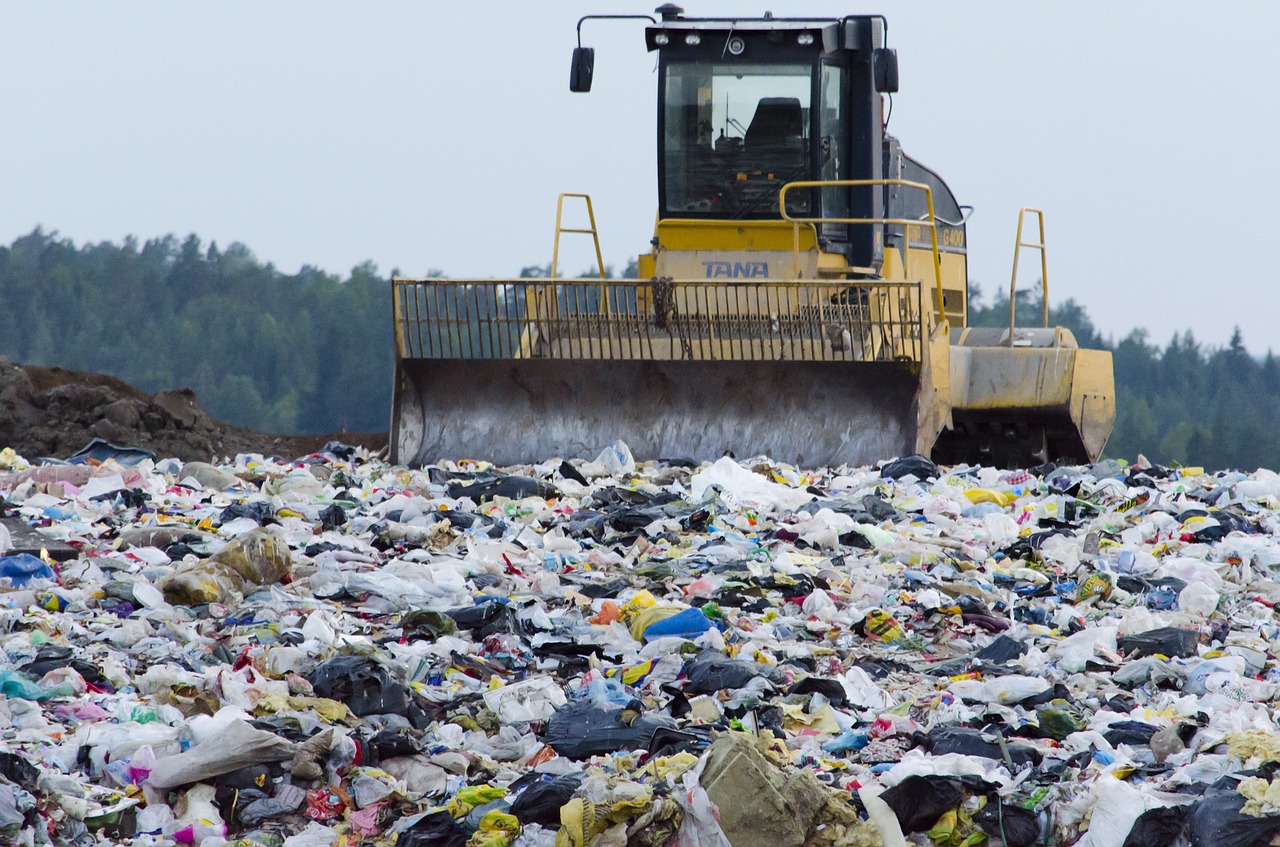What are Landfills?
E-waste is a growing problem. “E-waste” refers to unwanted electronic devices like old or broken computers, televisions, refrigerators, batteries, cell phones, and other items. Despite their ubiquity, all of these devices contain hazardous materials.
E-Waste contains toxic heavy metals like lead, mercury, cadmium, chromium, and polyvinyl chloride (PVC). When products are improperly disposed of in landfills, they can leach into the soil and pollute nearby streams.
However, e-waste also contains valuable resources. Examples include gold, silver, copper, and palladium, all of which could be recycled to create new products if appropriately collected. E-waste recycling helps provide vital resources to the manufacturing industry while also protecting the environment and improving public health.
What You Should Know About Landfills
Landfills are places where solid waste is dumped. They can be either municipal or industrial. Municipal landfills are used to dispose of household and commercial trash. Industrial landfills dispose of hazardous waste from factories and other industrial facilities.
The government regulates municipal and industrial landfills. The U.S. Environmental Protection Agency (EPA) works with state and local governments to set rules about what can be disposed of in landfill. It also regulates how waste must be prepared before disposal, as well as how landfills are tested to ensure that they are not polluting nearby water supplies.
How Do Landfills Affect E-Waste Recycling?
Landfills are not suitable for the environment. They can be toxic to plants and animals, produce greenhouse gases and contaminate groundwater.
Unfortunately, many people put electronics in landfills even though they contain hazardous materials. Why? Because they don’t know how to recycle electronic waste properly. As a result, instead of properly disposing of most people simply people throw their unwanted devices in the trash.
What can you do? If you no longer have working or old electronics, ask if your city has an electronics recycling program. Many cities have programs to help with e-waste. If no one is available, you can exchange your old device for a gift card or other incentive.
You can also take your electronics to an R2 Recycling-certified facility that specializes in e-waste, such as Newtech Recycling. At Newtech Recycling, we salvage reusable components of discarded electronic devices. This allows those materials to be utilized in the manufacture of new products.
Benefits of E-Waste Recycling
Recycling e-waste can reduce greenhouse gas emissions produced by landfills. Reduced gas emissions can help improve air quality, necessary for both human and environmental health. It also creates jobs, conserves valuable resources used to make products, prevents pollution caused by mining raw materials, and keeps hazardous materials out of the environment.
With more and more electronics being made every day, recycling them is essential to maintaining a healthy planet. In addition, e-waste recycling can recover valuable resources like gold, silver, copper, and palladium. These can then be used to create new products.
Newtech Recycling is committed to recycling e-waste in an environmentally responsible way. We are committed to the proper disposal of e-waste. As part of the TERRA Program, we work with local governments and schools to provide education about the dangers of e-waste pollution. We also work with companies to recycle their e-waste in a responsible, environmentally friendly manner.
To learn more about our e-waste recycling services, call Newtech Recycling today.
Related Terms: Electronic Recycling, TERRA, ITAD


